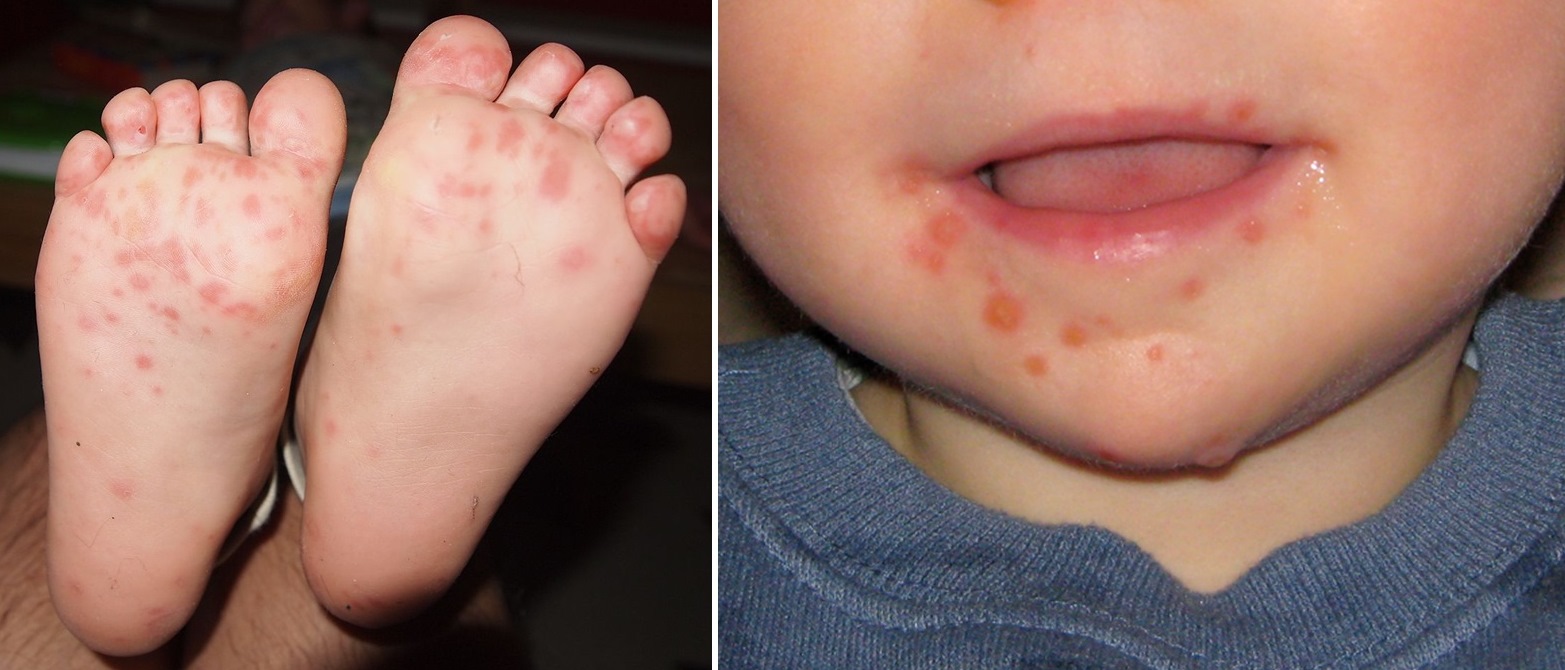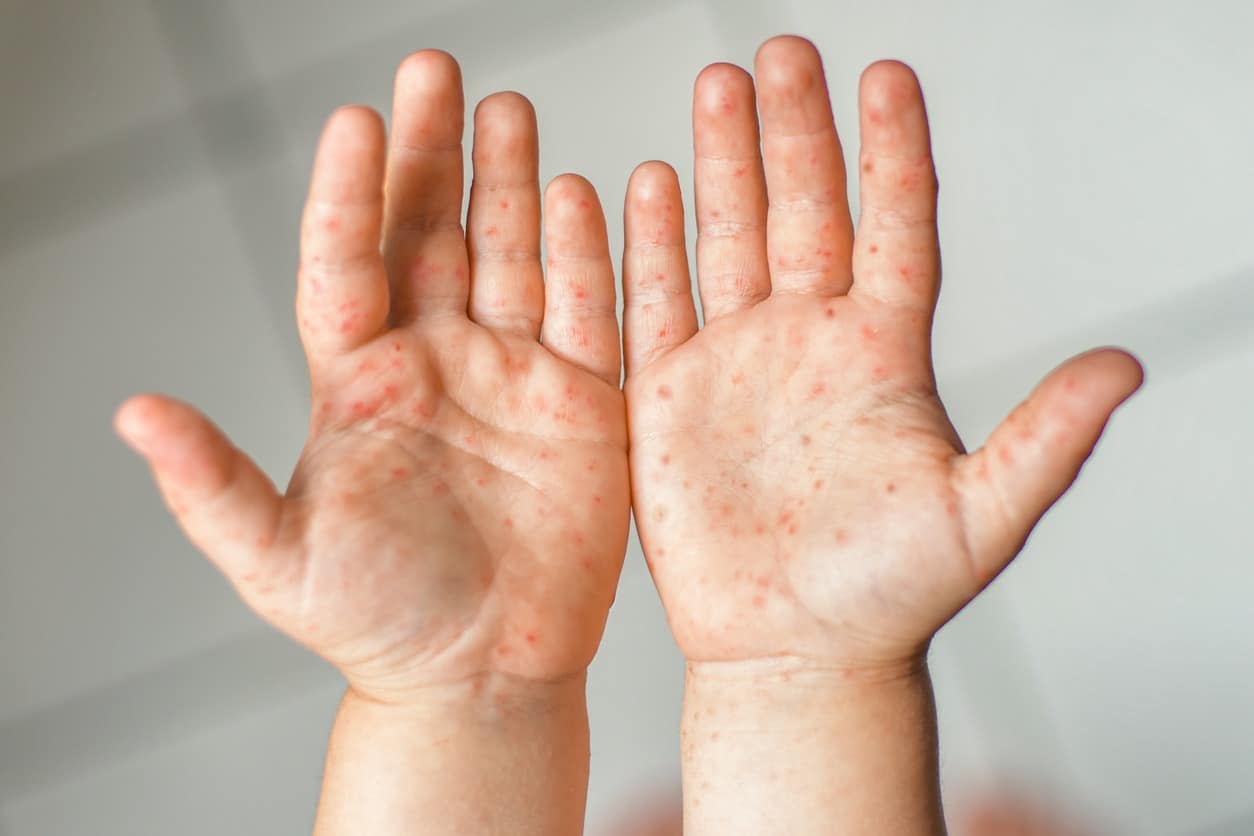Symptoms and Causes

Hand foot and mouth disease – Hand, foot, and mouth disease (HFMD) is a common childhood illness caused by a virus. It is characterized by a rash on the hands, feet, and mouth, as well as fever, sore throat, and loss of appetite.
Hand, foot, and mouth disease (HFMD) is a common viral infection that can cause fever, sore throat, and a rash on the hands, feet, and mouth. While HFMD is usually mild, it can sometimes lead to more serious complications, such as meningitis or encephalitis.
For this reason, it is important to be aware of the symptoms of HFMD and to seek medical attention if you or your child develops them. The NATO summit in Washington DC will bring together leaders from around the world to discuss important issues facing the alliance.
One of the topics that is likely to be discussed is the threat posed by HFMD.
The most common cause of HFMD is the coxsackievirus A16. Other strains of coxsackievirus and enterovirus can also cause HFMD. The virus is spread through contact with infected saliva, mucus, or feces.
Hand, foot, and mouth disease, a common childhood illness, has been making headlines lately. While the disease is usually mild, it can cause fever, sores, and a rash. Parents should be aware of the symptoms and seek medical attention if their child develops them.
In the meantime, it’s important to stay informed about the latest news and developments related to hand, foot, and mouth disease, including the potential impact of the upcoming trump rally. By staying up-to-date on the latest information, parents can make informed decisions about their child’s health.
Symptoms
The symptoms of HFMD typically appear within 3-7 days after exposure to the virus. The most common symptoms include:
- Rash on the hands, feet, and mouth
- Fever
- Sore throat
- Loss of appetite
- Fatigue
- Headache
- Muscle aches
Causes
HFMD is caused by a virus, most commonly the coxsackievirus A16. Other strains of coxsackievirus and enterovirus can also cause HFMD. The virus is spread through contact with infected saliva, mucus, or feces. This can happen through direct contact with an infected person, or through contact with contaminated objects, such as toys, doorknobs, or countertops.
Treatment and Prevention

Hand, foot, and mouth disease is typically a mild illness that resolves on its own within a few weeks. However, there are some treatment options available to relieve symptoms and prevent complications.
Home Remedies, Hand foot and mouth disease
- Rest and drink plenty of fluids to stay hydrated.
- Use over-the-counter pain relievers, such as ibuprofen or acetaminophen, to reduce fever and discomfort.
- Apply cool compresses or take lukewarm baths to soothe the rash.
- Gargle with salt water to relieve sore throat.
Medical Interventions
In some cases, medical intervention may be necessary, such as:
- Antiviral medications to shorten the duration of the illness.
- Intravenous fluids for severe dehydration.
- Hospitalization for rare but serious complications, such as encephalitis or meningitis.
Prevention
The best way to prevent hand, foot, and mouth disease is to practice good hygiene and follow these preventive measures:
- Wash your hands frequently with soap and water, especially after using the toilet, changing diapers, or handling contaminated objects.
- Avoid touching your eyes, nose, or mouth with unwashed hands.
- Clean and disinfect surfaces that may be contaminated with the virus.
- Stay home from work or school if you are sick.
- Get vaccinated against hand, foot, and mouth disease. The vaccine is available in some countries and is recommended for children and adults who are at high risk of exposure.
Impact and Management: Hand Foot And Mouth Disease
Hand, foot, and mouth disease (HFMD) usually causes mild symptoms that resolve within a few days. However, in some cases, it can lead to complications that require medical attention.
Complications
- Dehydration: HFMD can cause a loss of fluids through fever, vomiting, and diarrhea, leading to dehydration.
- Meningitis: In rare cases, the virus can spread to the brain and cause meningitis, an inflammation of the membranes that cover the brain and spinal cord.
- Encephalitis: The virus can also cause encephalitis, an inflammation of the brain.
Management
There is no specific treatment for HFMD. Treatment focuses on relieving symptoms and preventing complications.
In Schools and Daycare Centers
- Exclude infected children from school or daycare to prevent the spread of the virus.
- Clean and disinfect surfaces regularly to prevent the spread of the virus.
- Encourage frequent handwashing with soap and water.
In Healthcare Facilities
- Isolate infected patients to prevent the spread of the virus.
- Use personal protective equipment (PPE) when caring for infected patients.
- Monitor patients for signs of complications and provide appropriate treatment.